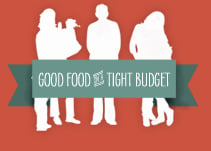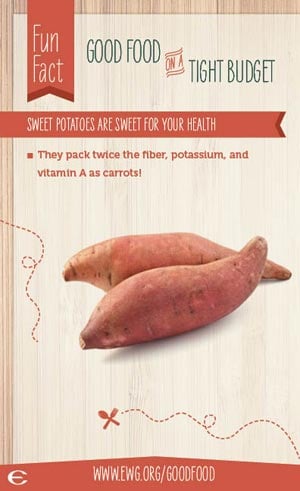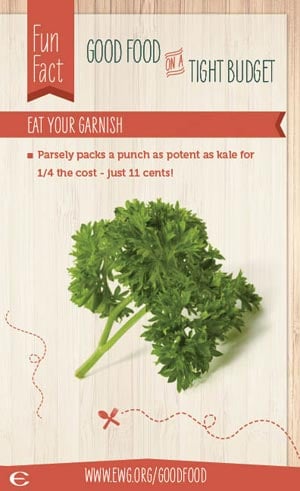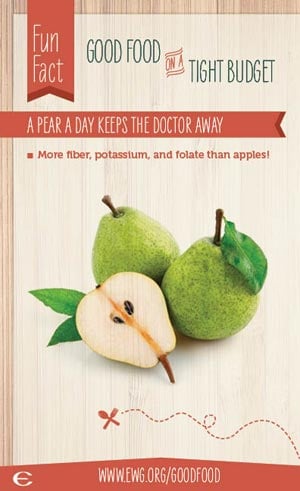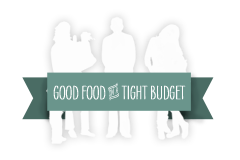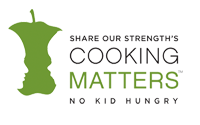
These dairy foods pack the most nutrition for the lowest cost. They provide calcium, protein, potassium and vitamin D without a lot of sugar or unhealthy fats.
Milk
low-fat dry milk 
non-fat dry milk
low-fat (1%) milk
non-fat dry milk
low-fat (1%) milk
non-fat or skim milk
soy milk
soy milk
Infants are the exception:
Cheese
cottage cheese 
queso blanco (Puerto Rican white cheese)
queso blanco (Puerto Rican white cheese)
queso fresco 
ricotta
ricotta
Yogurt
non-fat plain yogurt 
Top tips
Making cheese generates harmful greenhouse gases. Find out how cheese ranks against other foods in EWG's Meat Eater's Guide.
Concerned about industrial farms? Check out why methods like pasture-raised or organic may be worth the cost.
Dry milk powder plus water makes a low-cost substitute in recipes.
Freeze cheese that starts going bad. Defrosted cheese tastes best melted. Don't buy shredded cheese – shred it yourself.
Substitute yogurt for cream and sour cream in recipes. Drain yogurt in a coffee filter to thicken. To cut cost and packaging waste, buy in large containers and measure out small servings.








